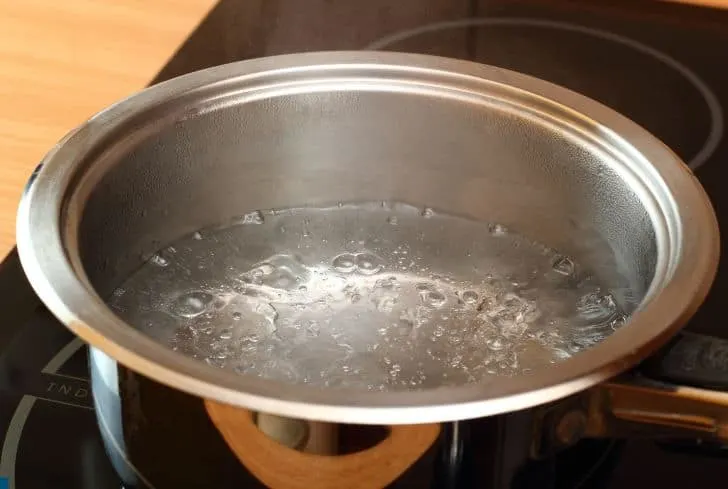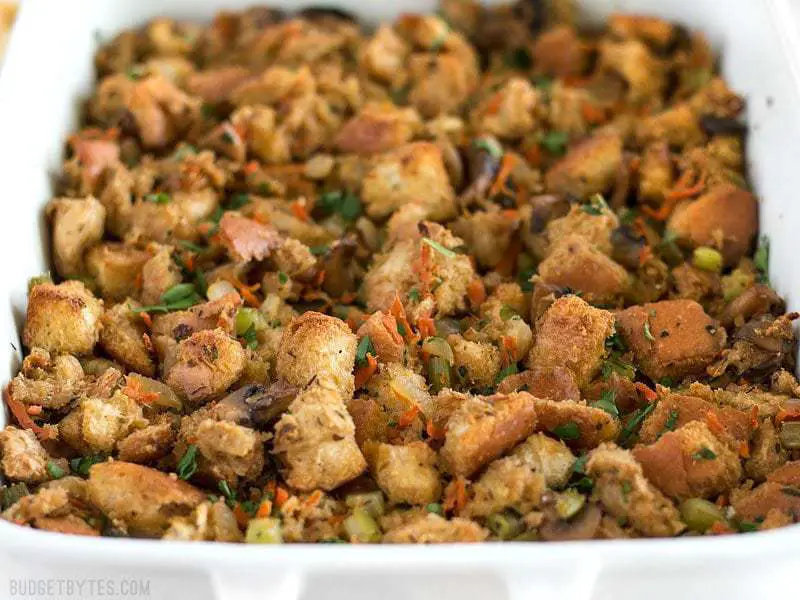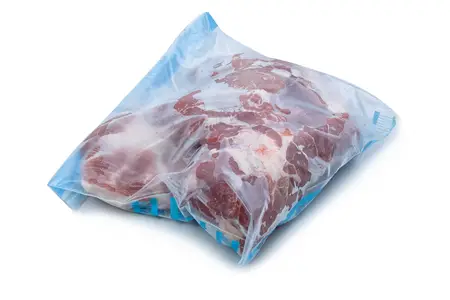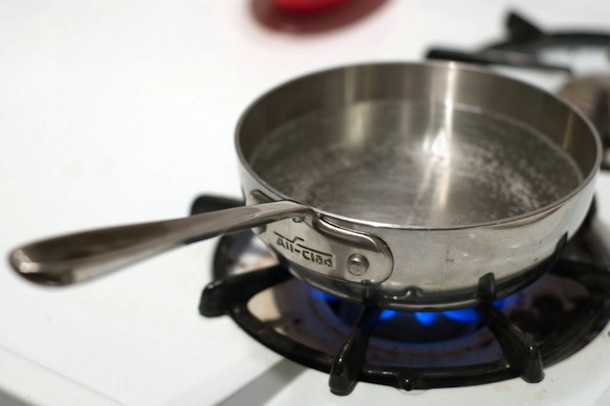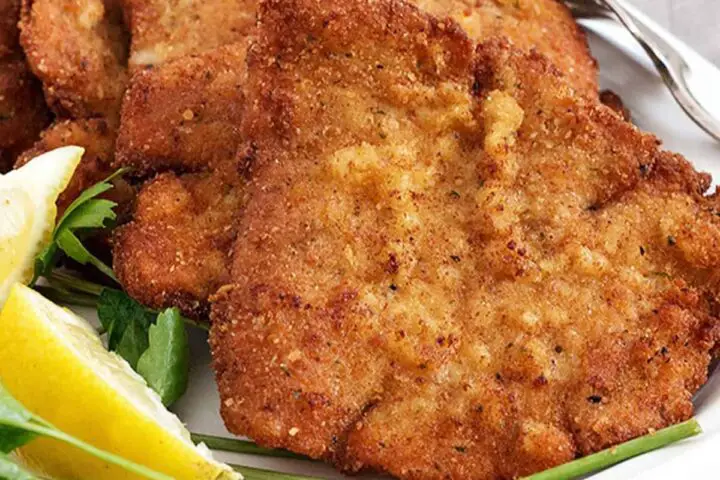Is It Safe to Boil Water in Aluminum?
When it comes to cooking, choosing the right utensils is essential. While most people are familiar with common materials like stainless steel and cast iron, aluminum has become increasingly popular in recent years due to its light weight and excellent heat conductivity. However, there is an ongoing debate about whether it is safe to boil water in an aluminum pot or pan. In this article, we’ll take a closer look at the science behind boiling water in aluminum cookware and explore some alternatives that may be safer for everyday use.
What is Aluminum?
Aluminum is a metal that has numerous industrial and household applications, from aerospace engineering to medicine. In the kitchen, aluminum is commonly used for making cookware due to its excellent heat conductivity. Pure aluminum is not naturally durable enough for everyday use in cookware, so manufacturers generally add other metals to create alloys. For example, hard-anodized aluminum featuring a layer of oxide filler can withstand high temperatures without warping or corroding.
Can Aluminum Pots be Harmful to Health?
The safety of using aluminum pots and pans for cooking has been contested over the decades, with numerous studies focusing on the health risks associated with using them. Aluminum is classified as a neurotoxin, and there have been suggestions that higher levels of the metal can lead to Alzheimer’s disease.
However, research results have been mixed on whether there is a clear link between consuming high amounts of aluminum from cookware and developing Alzheimer’s or any other neurological condition. While some studies report greater levels of aluminum in people with dementia than those without, others did not show this connection.
An additional concern related to cooking with aluminum cookware has been related to exposure of food to acidic ingredients such as tomatoes or vinegar that may cause the aluminum to leach into the food. Long-term exposure to high levels of aluminum has been linked to bone and joint problems, an increased risk of cancer, and other health issues.
Although there are potential risks associated with aluminum cookware, research has yet to establish a definitive link between illness and cooking with aluminum pots or pans. Considerations like individual age, previous medical diagnoses, diet, and regularity of usage may all impact the potential dangers of consuming meals prepared in these vessels.
Boiling Water in Aluminum: The Risks
The risks surrounding boiling water in aluminum cookware can be attributed to the effect of acidic substances on the metal. When water containing any acidic element matches with the pot’s inner surface, a chemical reaction takes place that leads to aluminum leaching into boiling water.
Studies have shown that prolonged interaction between acidic foods and aluminum results in increased levels of contamination due to weakening the oxide layer present over the metal’s surface. Moreover, intense heating can lead to thermal degradation of which leads to even higher leaching rates of aluminum ions into the food being cooked or boiled.
Despite these findings, scientific evidence does suggest that low-acidic foods do not have as significant as an impact on leaching as acidic ones. Additionally, different studies have demonstrated variable results depending on a host of factors beyond just cooking acidic foodstuffs in an aluminum pot.
Understanding Food Safety Regulations for Aluminum Cookware
To properly understand how safe it is to boil water using aluminum cookware, it’s essential first to examine how various regulatory bodies perceive the risks inherent in cooking with this material. In countries such as the USA and Europe, there are recognized groups such as the Food and Drug Administration (FDA) that set out specific criteria for evaluating whether or not cookware is considered safe for use. Other regulatory authorities, such as the World Health Organisation (WHO), often follow the lead of these groups in creating their own frameworks.
Standards surrounding cookware safety vary from place to place. Still, some general criteria include thermal stability, chemical resistance, and any rules regarding the usage and concentration of certain materials like aluminum alloys.
Is Coated Aluminum Cookware Safer?
The answer to this question primarily depends on what type of coating is applied and how it is maintained over time. Cookware coated with nonstick material such as Teflon or ceramic may be safer in some regards for boiling water than uncoated aluminum. The coating adds a layer of protection between acidic foods and the pot’s surface, reducing the amount of leaching that can occur.
However, other dangers may arise due to wear and tear on the surface of the nonstick layer, particularly when exposed to high heat levels or abrasive cleaning techniques. Scratches or chips in a nonstick coating allow for direct contact with potentially toxic chemicals or metals in combination with hot liquids.
Therefore, when it comes to coated aluminum cookware, proper maintenance of the nonstick layer is critical to ensuring safety during use.
Safer Alternatives to Boiling Water in Aluminum Cookware
- Stainless steel: This is one of the safest options for boiling water as long as you choose high-quality stainless steel that contains no harmful materials. You may wish to opt for thicker-gauge pans with an aluminum/clad bottom.
- Copper: Copper is an excellent conductor of heat and is safe to use if there is no breaking or chipping in its coatings layer. Copper can react negatively with acidic substances; thus, it is best used for boiling water only.
- Ceramic: Also a safe option, ceramic-coated cookware avoids the potential for leaching and corrosion as long as there are no cracks in the layer.
Tips for Safe Cooking with Aluminum Pots and Pans
- Comply with all manufacturer guidelines for using aluminum cookware, such as avoiding the use of metal utensils that could scratch the surface or cause wear to the nonstick coating.
- If cooking acidic foodstuffs in aluminum cookware is a necessity, consider marinating your meal outside of the pot beforehand and avoiding exposure longer than necessary.
- Periodically inspect your saucepans and fry pans for discoloration, pits, scratches, or other indications of wear that may allow aluminum to leach into foodstuffs.
- Always clean aluminum cookware gently with a soft sponge or brush and mild detergent; avoid abrasive surfaces that could cause sudden scratches to appear.
Moving Forward: What We Know About Boiling Water in Aluminum
Different studies have reported conflicting findings on whether or not boiling water in aluminum pots can be harmful over time. However, it’s crucial to keep in mind that even if research hasn’t yet pointed toward concrete proof of health risks from cooking with aluminum materials, certain precautions are always wise when it comes to maintaining one’s overall well-being.
The best course of action is to follow general culinary best practices and stick to quality cookware brands like those certified by regulatory bodies. Before making any purchasing decisions about what type of pots or pans to use, familiarize yourself with what types of materials are considered safe under specific cooking conditions and understand your own unique needs when it comes to maintaining optimal health..
Conclusion: The Verdict on Boiling Water in Aluminum Cookware?
The available scientific evidence today does not provide a clear confirmation either way of the potential risks of boiling water in aluminum pots. Individuals can make their choices about utilizing aluminum cookware, knowing that if they follow manufacturer guidelines and take adequate care, the risk of harm is minimized.
That said, it’s important to recognize that every person’s experiences with certain materials and substances in their food may differ following years or decades of usage. Therefore, when in doubt, seeking advice from regulatory bodies such as the FDA and WHO can be helpful in identifying any known risks linked to specific materials or chemicals found in cookware.
Frequently Asked Questions
1. Do aluminum pots or pans leach harmful chemicals into the water while boiling?
Aluminum is a reactive metal and can react with acidic or alkaline substances if it’s not coated. If an uncoated aluminum pot is heated on high heat, it can leave traces of aluminum in the water it is boiling, which may be harmful in large quantity. However, most aluminum pots available nowadays are coated and safe for boiling water.
2. What is the safest type of aluminum pot to use for boiling water?
When it comes to choosing an aluminum pot for boiling water, it’s essential to go for fully coated ones. Look for those with non-stick coating or ceramic coating. These types of coatings provide a barrier between the water and the metal to prevent any reaction.
3. Can boiling water in an aluminum pot change its taste or odor?
Boiling water in an aluminum pot, especially when using tap water, can change its taste or odor. This is because the metal interacts with some minerals and impurities found in tap water. However, such changes are usually minimal and should not cause any harm.
4. What are some safety precautions I should follow when boiling water in an aluminum pot?
To ensure that you don’t expose yourself to any risk while boiling water in an aluminum pot, here are some safety precautions you should follow:
– Only use fully coated aluminum pots
– Avoid using high heat when boiling water in an aluminum pot
– Clean your aluminum pot thoroughly after every use
– Use only fresh and clean tap or filtered water to avoid the buildup of mineral deposits that could interact with aluminum
– Use oven mitts when handling a hot pot to avoid burns.
